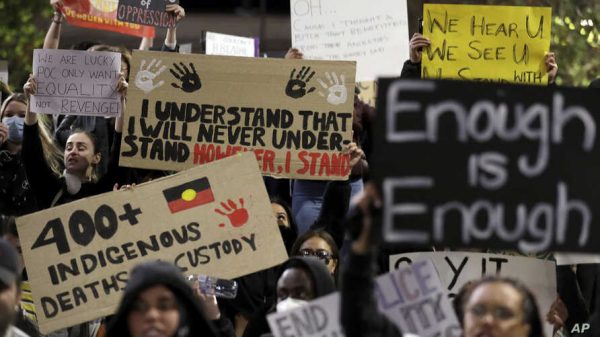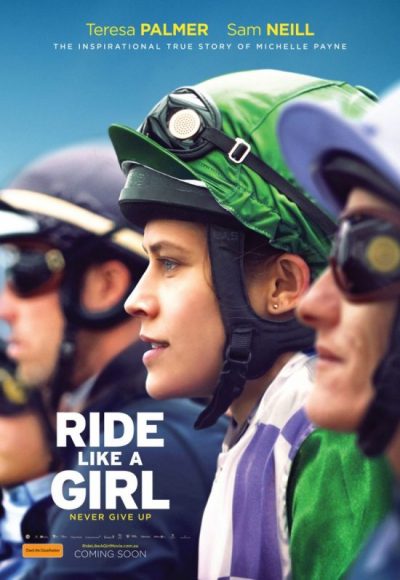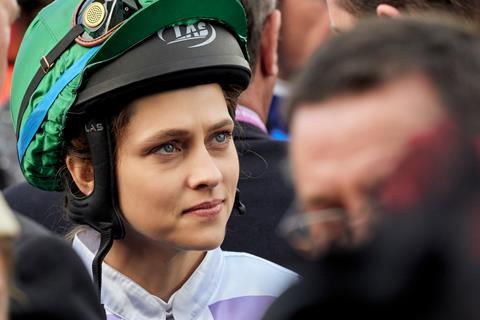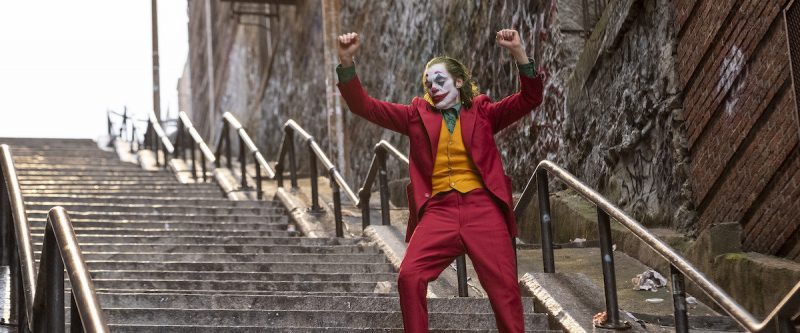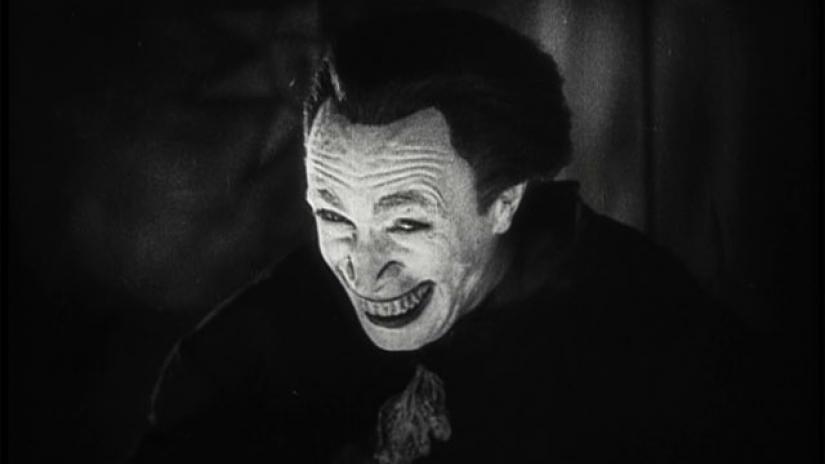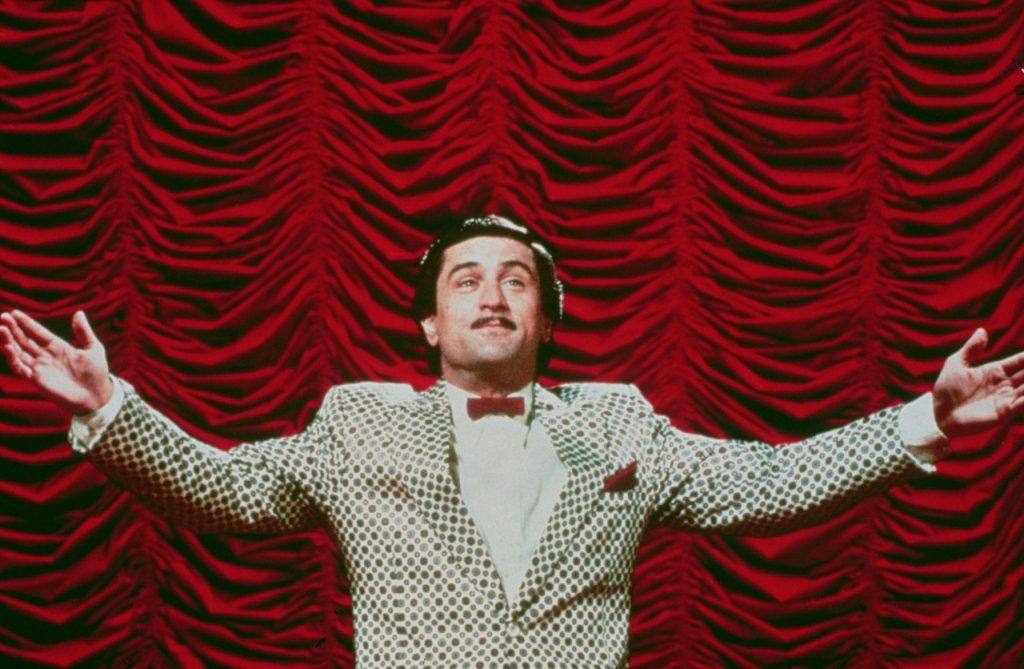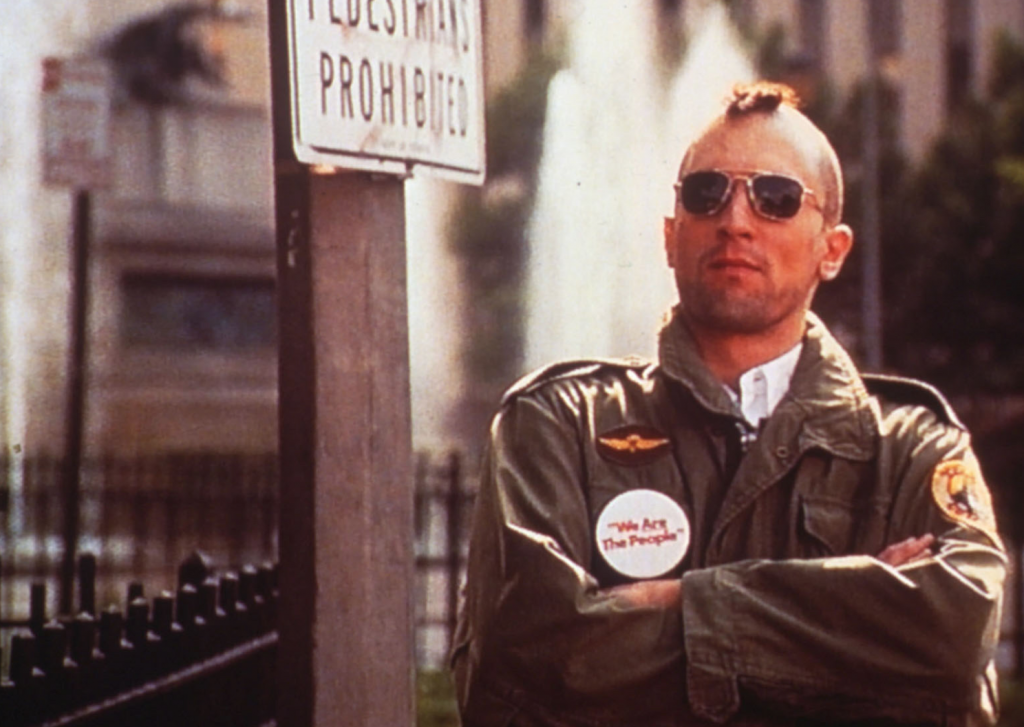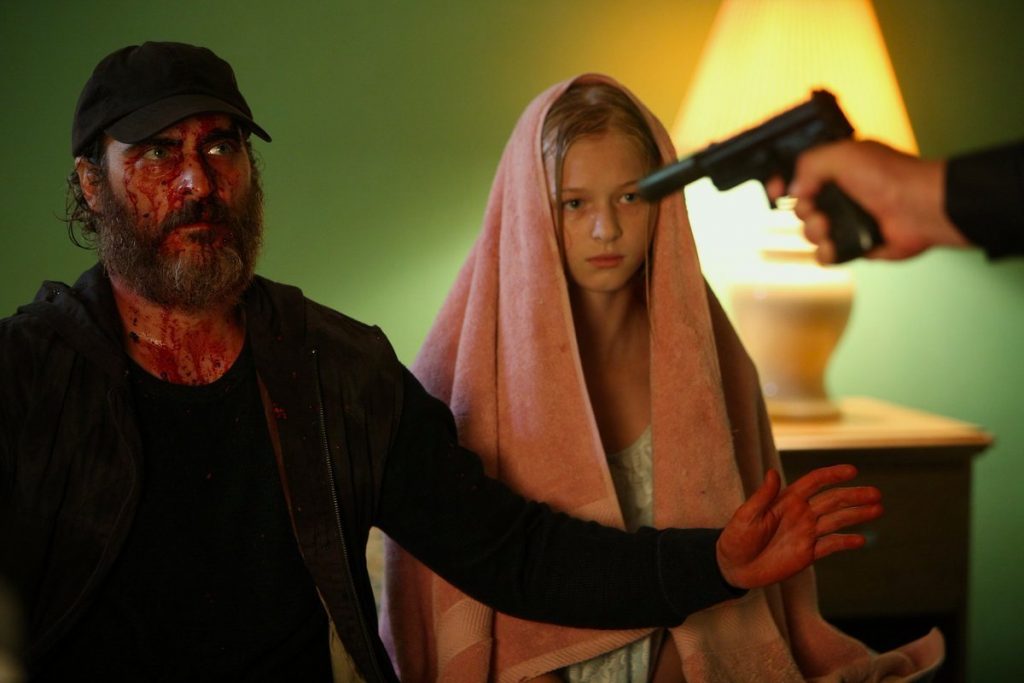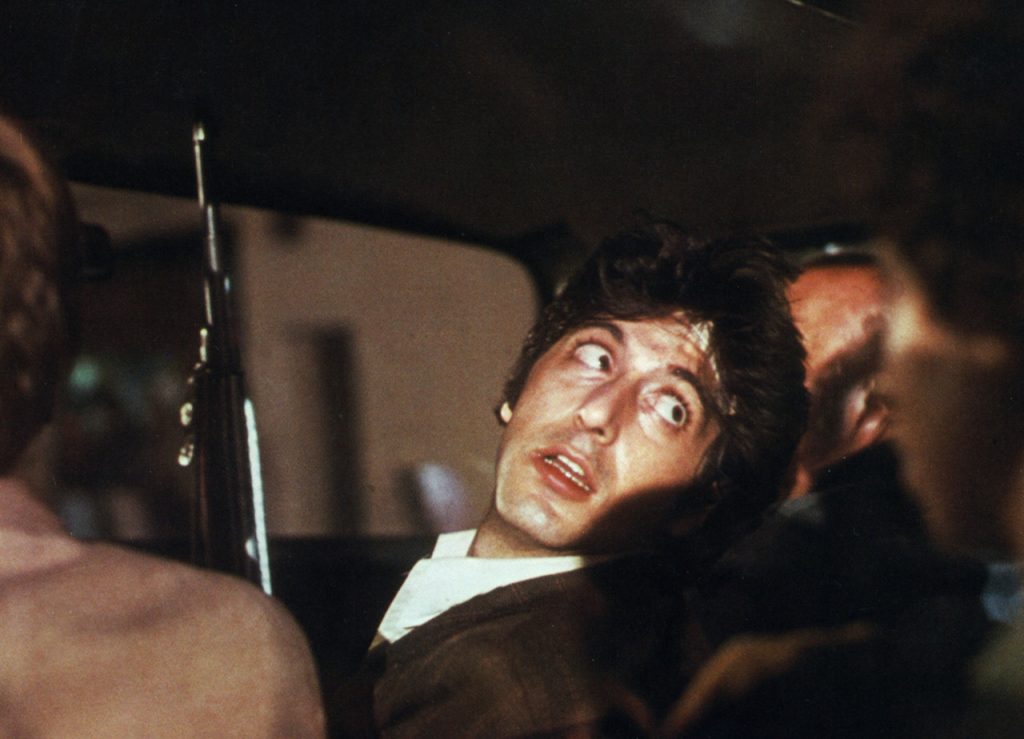While Australia throws stones at the US for its ongoing racist police brutality, we should first scratch beneath the surface of our own history and social fabric to acknowledge the injustices Australian Aboriginals continue to experience.
Forget the ‘lucky country’ bullshit; if you’re unaware of how the rights of Indigenous Australians are being undermined, it’s time to educate yourself.
Take for instance the final words of 26-year-old Dunghutti man, David Dungay Jr, who died in a south-eastern Sydney prison in 2015 after prison officers restrained him and left him unable to breathe.
An inquest in 2019 showed footage of Mr Dungay being restrained face down by up to five jail officers as he yelled “I can’t breathe” twelve times.
Not only did this case fail to pierce the public sphere and gain media attention, but it also failed to result in disciplinary legal action. But, is this a surprise?
Since 1980, despite there being more than 500 First Nations deaths in custody, there has been not one successful homicide prosecution laid down in court.
However, police brutality is just a sliver of what First Australians have had to endure since colonisation – ever since the flag was hoisted in Botany Bay in 1770, the plight of the Aborigine has remained constant.
From one of the darkest chapters of Australian history – the stolen generations – to the ongoing scourge of forced remote community closures, our country’s paternalistic approach to policy has restricted Indigenous Australians from retaining their cultural identity.
To provide a broader perspective, we’ve compiled a list of 4 documentaries that investigate some of the issues underlying current Aboriginal disadvantage.
Our Generation
Our Generation is a documentary feature from Sinem Saban and Damien Curtis that takes us on a journey into white Australia’s relationship with Indigenous Australians.
More particularly, it looks at the Northern Territory Emergency Response (NTER), which was first implemented by the Howard Government in 2007.
Addressed by the media as the “emergency intervention”, the NTER automatically suspended all existing Aboriginal land rights across 70 remote communities in the Northern Territory due to “widespread child abuse” – a claim made by the Indigenous Affairs Minister at the time, Mal Brough.
However, after an 18-month investigation from the ACC, they concluded that there was not one shred of evidence to support “organised paedophilia in Indigenous communities”. A shocking finding that proved that racism was still well and truly alive in Australian politics.
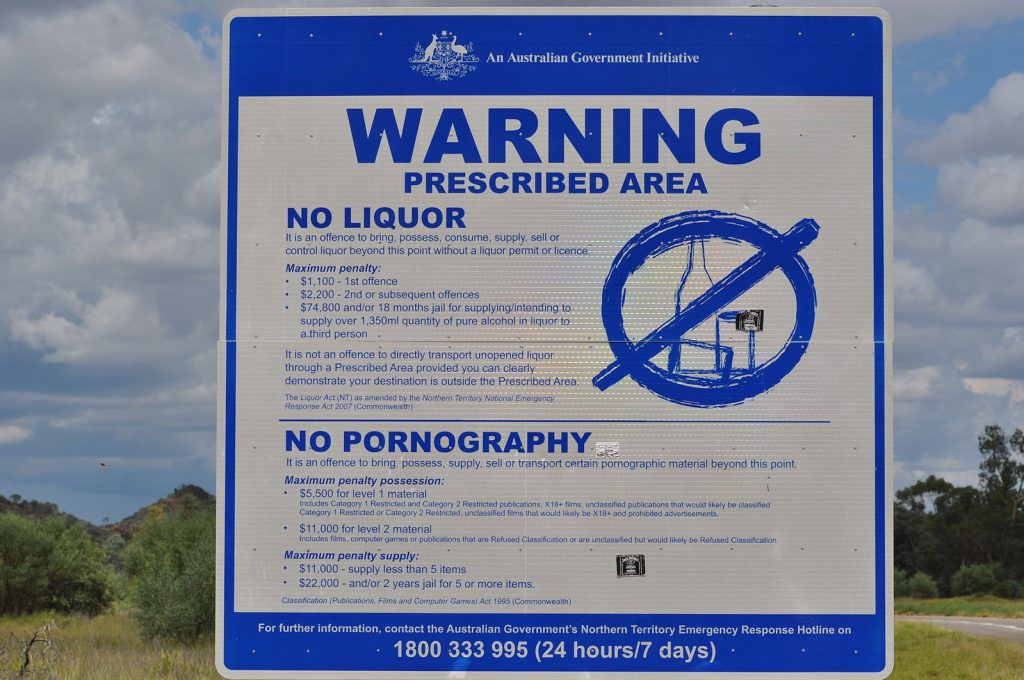
Looking at the complex issue of indigenous rights in Australia – with the NTER as a catalyst – the film aptly examines the ongoing policies of assimilation, while explaining the real issues underlying Indigenous disadvantage in the country that gives everyone a “fair go”.
Our Generation is very much a call to action for a new generation of Australians, to ignite the spark of a much-needed discussion.
Occupation: Native
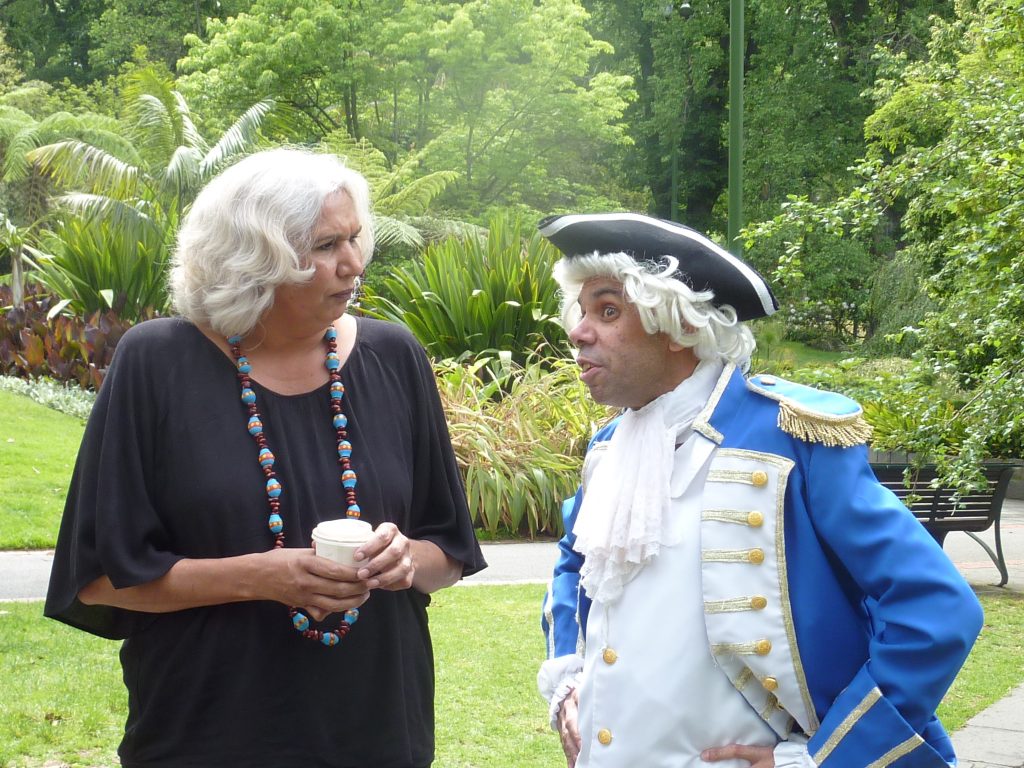
Back in school, do you remember learning about the massacres that took place against Indigenous Australians in the years following Captain Cook’s arrival? Probably not.
Aboriginal filmmaker, Trisha Morton-Thomas, bites back at the historical narrative that Captain Cook “discovered” Australia and claimed the land “peacefully” with her humorous yet serious filmic fact-check.
Using satire to her advantage, Trisha Morton-Thomas adjusts this traditional viewpoint that we are taught in schools to explore themes of historical acceptance, untold history, the frontier wars, and slavery.
Occupation: Native proves that there are always two sides to one story, and by doing so cleverly, tells the forgotten history of Aboriginal Australia’s fight against white domination.
Utopia
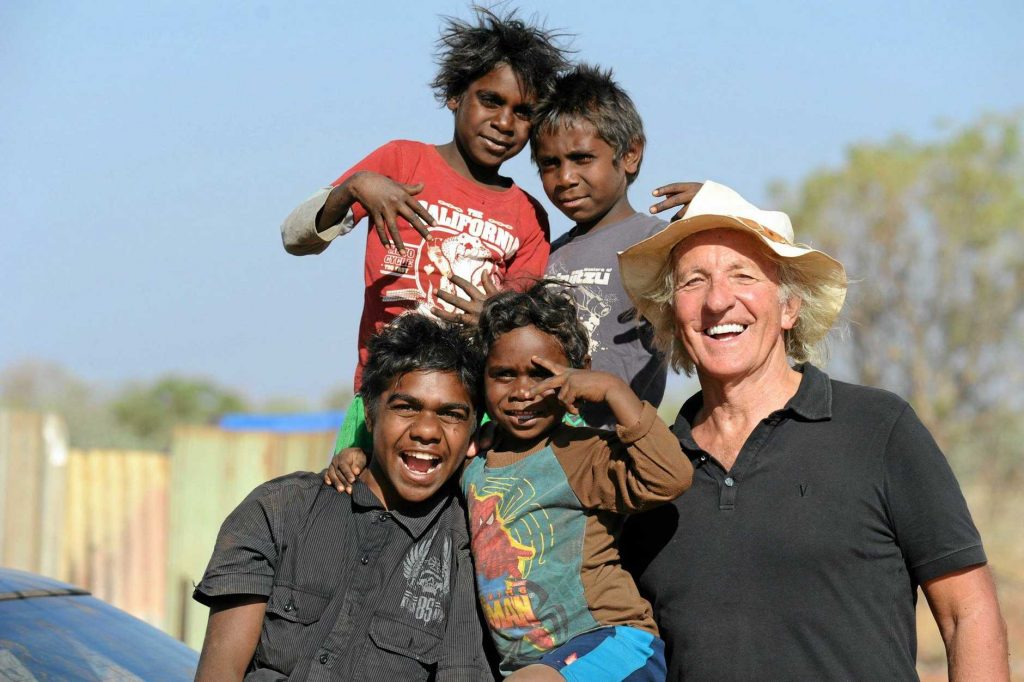
When Kevin Rudd apologised to Australia’s Indigenous population in 2008 for “indignity and degradation” to their people, they thought perhaps it heralded a new era of race relations.
Unfortunately, twelve years, and countless ‘good-willed’ efforts later, not a lot has changed.
Made by award-winning journalist and filmmaker, John Pilger, Utopia brings the plight of Indigenous Australia to the big screen, addressing issues like The Stolen Generation, deaths in custody, and the NTER intervention.
At centre stage, however, is the poverty experienced by those living in the communities of Utopia – an Indigenous region in Northern Territory that is without basic services like proper housing and running water.
For those looking to educate themselves on the widespread disadvantage experienced by Indigenous Australians, Utopia is a great place to start.
“Utopia will live forever and be like a fire stick in the darkness for all generations to come the more you view it, the more you see it, we are proud of you.”
Noongar elder, Robert Eggington
Kanyini
Directed by Melanie Hogan, ‘Kanyini’ is a story told by Uncle Bob Randall, an elder of the Anangu people who resides next to the monolithic Uluru. Based on his own personal journey and the wisdom he learned from his own people, Uncle Bob tells us why Indigenous people are now struggling in a modern world bound by white laws.
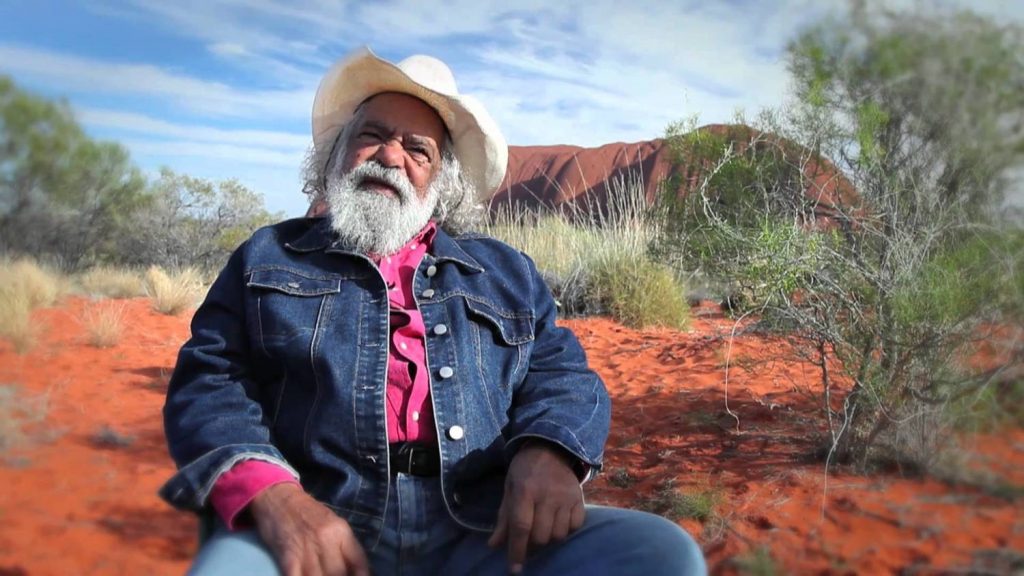
In a simple but effective way, Uncle Bob Randall explains the Anangu people′s relationship to all that is around them, and how white settlement led to the disruption of a 40,000 year old culture and a philosophy that underpinned Aboriginal life – Kanyini.
Kanyini teaches us about the people who are at the heart of our country and their unbreakable connection to the land, while holding up a mirror to the white man’s unspoken past.
Watch the film, here.
